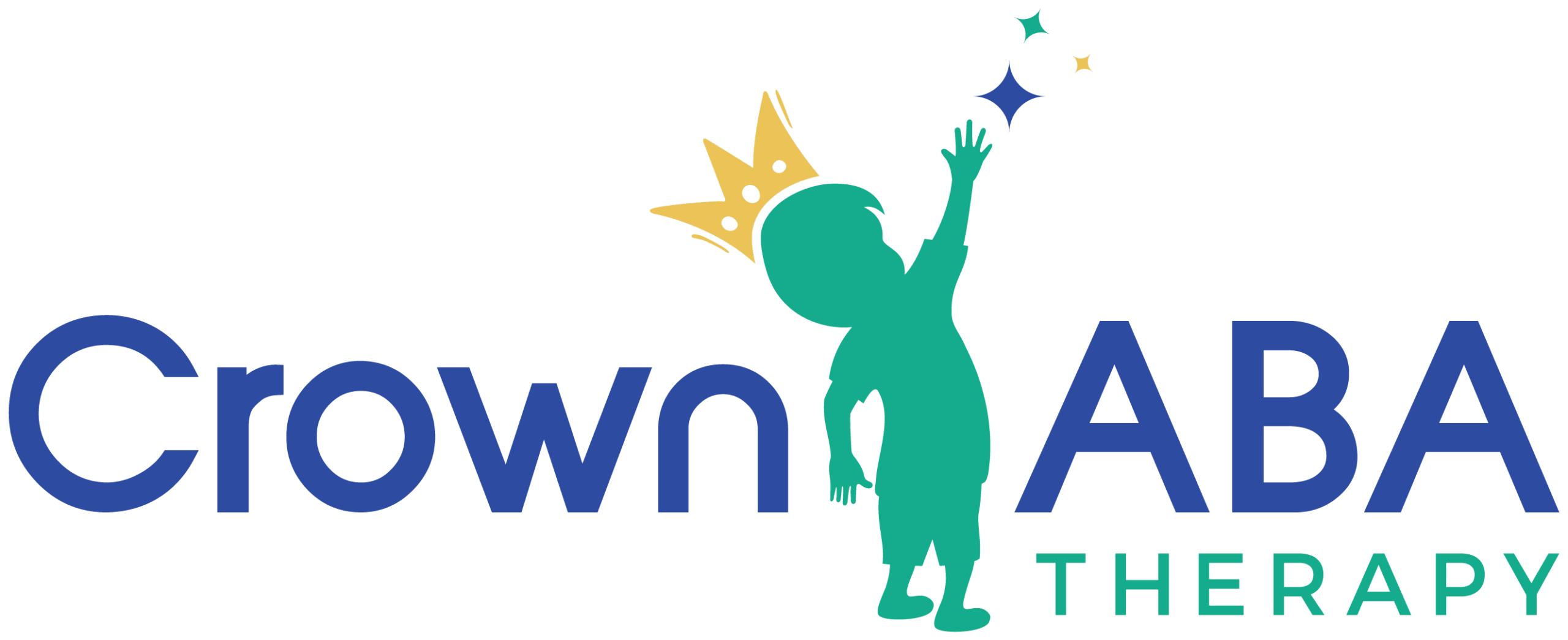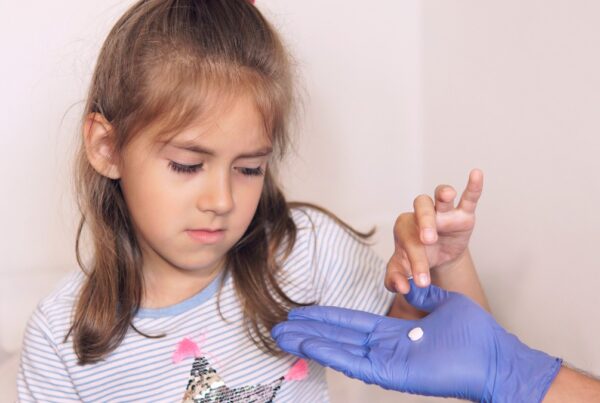Key Points:
- Aripiprazole is FDA-approved for managing irritability in children and adolescents with autism, but correct dosing is essential.
- Starting at a low dose and gradually increasing helps balance effectiveness with the risk of side effects.
- It should be used in coordination with behavioral interventions like ABA therapy for best results.
When a child with autism shows signs of severe irritability, aggression, or mood swings, parents often look for trusted treatments that can offer relief without overwhelming side effects. Aripiprazole, sold under the brand name Abilify, is one of the few medications approved by the FDA for treating irritability in children with autism. Knowing the right aripiprazole autism dosage is key to using this medication effectively and safely.
Is Aripiprazole Effective for Autism Symptoms?
Yes. Clinical trials show aripiprazole can reduce aggression, temper outbursts, and self-injurious behavior in children with autism when dosed and monitored appropriately.
What Is Aripiprazole and How Does It Help with Autism?
Aripiprazole is an atypical antipsychotic that works by balancing dopamine and serotonin levels in the brain. Unlike older antipsychotic drugs, it’s known for having a relatively lower risk of causing sedation or extreme weight gain, though side effects are still possible.
In the context of autism, aripiprazole doesn’t treat the core features like social communication challenges or repetitive behaviors. Instead, it helps manage associated symptoms such as:
- Irritability
- Aggression
- Tantrums
- Mood instability
- Self-injurious behaviors
By calming these behaviors, aripiprazole can make daily life more manageable and improve the child’s ability to engage in learning and therapy. For insights on medication options for adults, check out our article, What to Expect When Adults with Autism Take Risperidone.
What Is the Recommended Aripiprazole Autism Dosage?
Understanding the correct aripiprazole autism dosage is crucial to minimize risks and maximize benefits. The medication is typically prescribed for children ages 6 to 17 for autism-related irritability.
Let’s break down how aripiprazole dosage is typically approached, so you know what to expect at different stages.
- Initial dose: 2 mg per day (usually for 2 days)
- Then increased to: 5 mg per day
Starting low helps the child’s body adjust and allows doctors to watch for side effects like drowsiness, restlessness, or changes in appetite. The goal is to find the lowest effective dose that controls symptoms without unnecessary side effects.
Dosing may also depend on the child’s weight, metabolism, and response to treatment. Changes should always be made under medical supervision. Doses above 15 mg/day have not been shown to offer additional benefit and may increase the risk of side effects.
How Long Does Aripiprazole Take to Work for Autism?
Parents often ask how soon they can expect to see improvements after starting aripiprazole. While each child is different, clinical experience and studies suggest:
- Initial effects (like reduced aggression) may appear within 1 to 2 weeks.
- Full benefits may take 2 to 3 months of consistent use.
It’s important not to stop or change the dosage suddenly, as this can lead to withdrawal symptoms or a return of intense behaviors. Consistent monitoring and communication with the prescribing doctor are vital during this period.
 What Are the Side Effects of Aripiprazole in Children with Autism?
What Are the Side Effects of Aripiprazole in Children with Autism?
All medications come with the possibility of side effects. Aripiprazole is no exception. Being aware of common and serious reactions can help you catch and address them early. Here’s a list of potential side effects that may appear with aripiprazole autism dosage adjustments or long-term use.
- Drowsiness or sleepiness
- Weight gain
- Increased appetite
- Fatigue
- Nausea
- Tardive dyskinesia (involuntary movements)
- Restlessness or agitation
- Hormonal changes (e.g., increased prolactin levels)
- High blood sugar or cholesterol
Children should be monitored regularly with checkups that include weight, metabolic markers, and behavioral changes. Any major side effects should be reported to the healthcare provider right away.
What Should Parents Ask Before Starting Aripiprazole?
Before beginning any medication, asking the right questions helps clarify expectations and ensure you’re informed about the path ahead. This list can guide your discussion with your child’s healthcare provider to make the most informed decision about aripiprazole autism dosage and usage.
- What is the goal of using aripiprazole for my child?
- What behaviors are we specifically targeting?
- How will the dosage be adjusted over time?
- What side effects should I watch for, and when should I call?
- Will this interact with any other medications or supplements?
- How often should we follow up to monitor progress?
These conversations should be ongoing. As your child grows and their needs change, medication plans may need to be updated.
Is Medication Alone Enough to Treat Autism Symptoms?
While medications like aripiprazole can be helpful, they are not a standalone treatment for autism. They work best when paired with supportive therapies that address communication, social skills, and behavior.
One of the most effective, research-supported therapies for autism is Applied Behavior Analysis (ABA). ABA therapy helps children build positive behaviors and learn essential life skills in a structured, personalized way. Aripiprazole may help reduce the intensity of challenging behaviors so a child can fully participate in ABA sessions.
Supporting Your Child’s Growth Beyond Medication
If your child is receiving aripiprazole and you’re looking for a complementary therapy to help them grow and thrive, ABA therapy is a strong next step. At Crown ABA, we specialize in providing individualized, evidence-based ABA therapy in Maryland, tailored to your child’s unique strengths and challenges.
ABA therapy focuses on skill-building, communication, and reducing disruptive behaviors using proven behavioral strategies. When paired with appropriate medical treatment, ABA can help your child reach their full potential in school, at home, and in the community.
Contact us today to learn more about how we can support your child’s journey with compassion, professionalism, and purpose-driven care.





